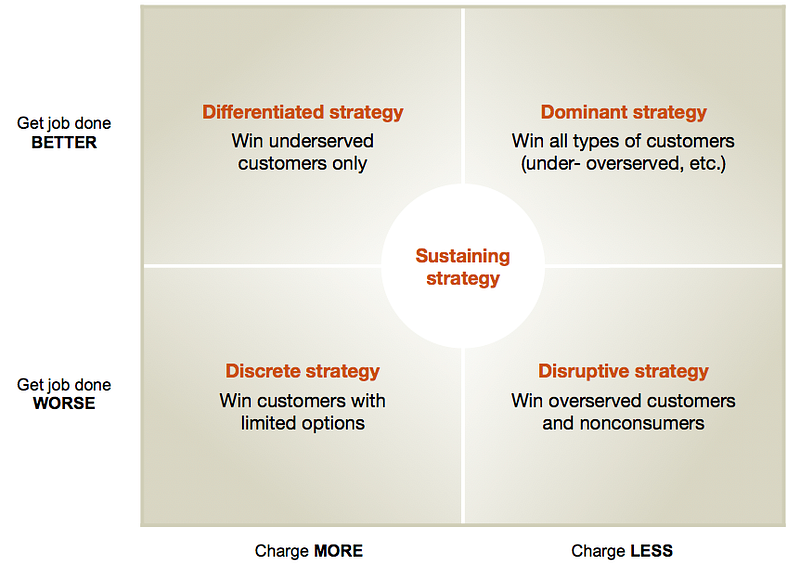Um excelente desempenho das PME. Quando excluímos as exportações de combustíveis e lubrificantes constatamos que Novembro de 2016 foi recorde absoluto de exportações:
Claro que a maioria dos comentadores e políticos, da oposição e da situação, não sublinham estes recordes para não prejudicar a sua narrativa do país-coitadinho, vítima do euro, que lhes dá munições para o seu capital de queixa e reivindicação perante Bruxelas.
Em Pre-suasion, encontrei uma história deliciosa e ao mesmo tempo preocupante:
"often try to convey to various audiences is that, in contests of persuasion, counterarguments are typically more powerful than arguments. This superiority emerges especially when a counterclaim does more than refute a rival’s claim by showing it to be mistaken or misdirected in the particular instance, but does so instead by showing the rival communicator to be an untrustworthy source of information, generally. Issuing a counterargument demonstrating that an opponent’s argument is not to be believed because its maker is misinformed on the topic will usually succeed on that singular issue. But a counterargument that undermines an opponent’s argument by showing him or her to be dishonest in the matter will normally win that battle plus future battles with the opponent."Depois disto vamos à história:
"perhaps the most effective marketing decision ever made by the tobacco companies lies buried and almost unknown in the industry’s history: after a three-year slide of 10 percent in tobacco consumption in the United States during the late 1960s, Big Tobacco did something that had the extraordinary effect of ending the decline and boosting consumption while slashing advertising expenditures by a third. What was it?Imaginem o que seria um anónimo como eu confrontar Ferreira do Amaral com números que desmascaram a sua narrativa da falta de competitividade portuguesa com o euro.
...
On July 22, 1969, during US congressional hearings, representatives of the major American tobacco companies strongly advocated a proposal to ban all of their own ads from television and radio, even though industry studies showed that the broadcast media provided the most effective routes to new sales.
...
[Moi ici: Cá vai a solução para o mistério] In 1967, the US Federal Communications Commission (FCC) had ruled that its “fairness doctrine” applied to the issue of tobacco advertising. The fairness doctrine required that equal advertising time be granted on radio and television—solely on radio and television—to all sides of important and controversial topics. If one side purchased broadcast time on these media, the opposing side must be given free time to counterargue.
...
That decision had an immediate impact on the landscape of broadcast advertising. For the first time, anti-tobacco forces such as the American Cancer Society could afford to air counterarguments to the tobacco company messages. They did so via counter-ads that disputed the truthfulness of the images displayed in tobacco company commercials. If a tobacco ad featured healthy, attractive, independent characters, the opposing ads would counterargue that, in fact, tobacco use led to diseased health, damaged attractiveness, and slavish dependence.
.
During the three years that they ran, those anti-tobacco spots slashed tobacco consumption in the United States by nearly 10 percent. At first the tobacco companies responded predictably, increasing their advertising budgets to try to meet the challenge. But, by the rules of the fairness doctrine, for each tobacco ad, equal time had to be provided for a counter-ad that would take another bite out of industry profits. When the logic of the situation hit them, the tobacco companies worked politically to ban their own ads, but solely on the air where the fairness doctrine applied—thereby ensuring that the anti-tobacco forces would no longer get free airtime to make their counterargument."









%2006.21.jpeg)












